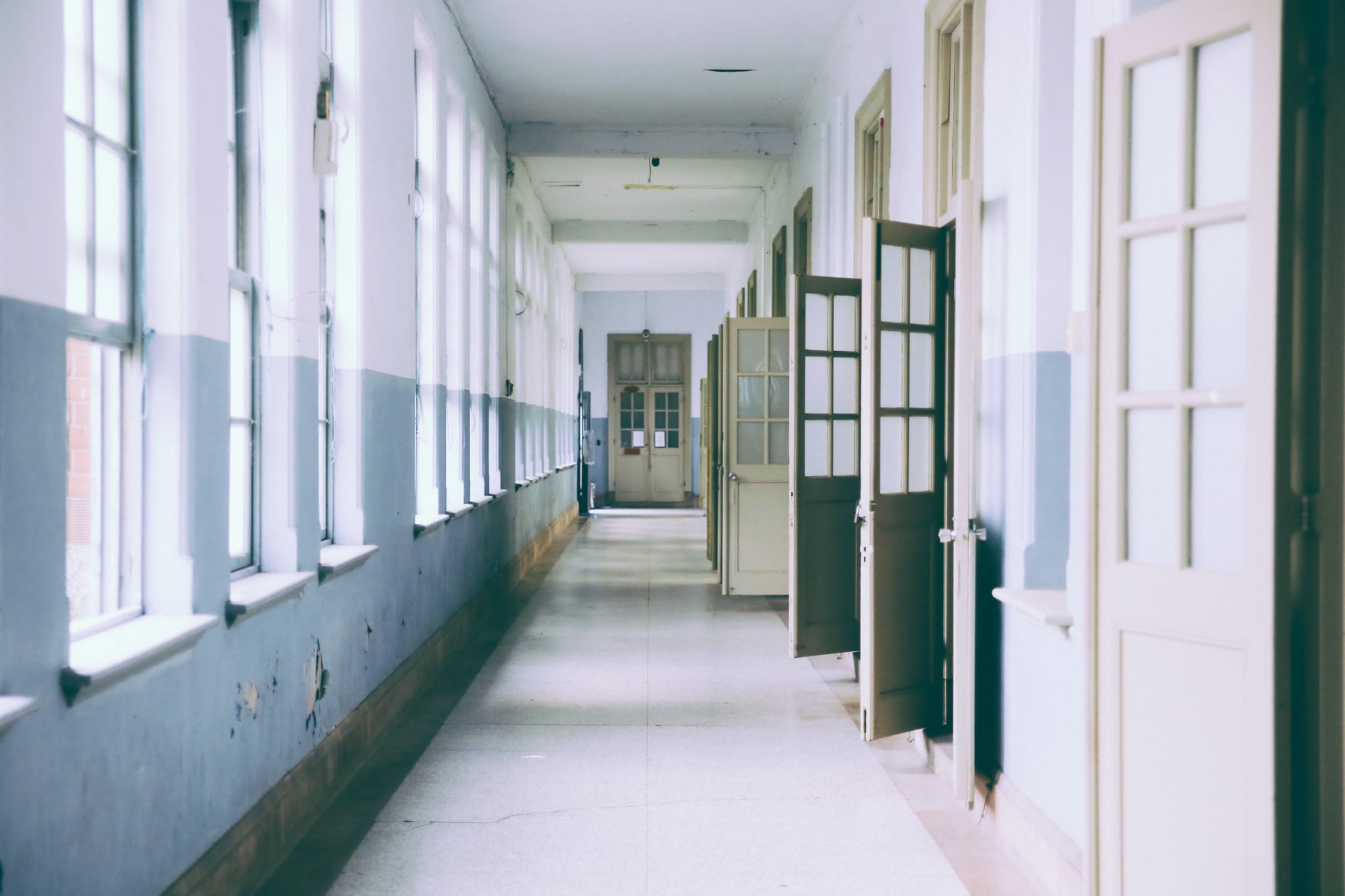
The number of school shootings in America in recent years is astronomical, but the recent shooting at Marjory Stoneman Douglas High School [1] in Parkland, FL [2], on Feb. 14 is the one that's creating real change. The horrific news of the 17 deaths, many of whom were young teenagers, left the country horrified, angry, and motivated.
While the students who survived the shooting are making their voices heard and insisting the lives of their friends and teachers will not be lost in vain, everyone is once again asking themselves the same question: what causes someone to do such a thing? Child psychologist Dr. Vanessa Lapointe told POPSUGAR that it's important to understand that child shooters "don't just appear — they're grown."
Have you ever wondered about the mental stability or potential danger of one neighborhood kid? A classmate of your son or daughter? Or even your own child? Everyone seems to know that one child that seems "a little off" or angrier than usual, and while it's common to brush it off as childhood hormones or no big deal, it's now become vital to seek action. The first step is looking out for red flags [3], like an obsession with guns, a history of hurting or killing animals, untreated mental illness, and a history of violent behavior. If you do see any of these signs in your child or a child you know, here are the steps you can take to prevent another senseless act of violence from occurring.
1. Therapy
"Children aren't just born with a gene that makes them into a kid shooter," Dr. Lapointe said. "In order to cope with what is too much to bear, the mind bends and twists to create a reality that can be managed." Therapy can help tremendously with this, and if the individual is your child and a minor, most states give you the right to take them to a professional. "The true healing for a child suffering in this is to go back to the very beginning and heal the gaping wound from whatever catastrophic loss has been suffered," added Dr. Lapointe. If your child won't talk to you, don't just brush it off and ignore it. Make sure they open up to someone about what's going on in their mind, and can figure out a way to deal with whatever emotions they're feeling.
2. Talk to the School
If you're worried about your own child or another child within the school, don't hesitate to contact the school. The school social worker or even your child's counselor can be called, and a meeting can quickly be scheduled. They are there to help protect both your child and the lives of others within the school, and you should be as open and honest with them as possible. Bring up specific incidents and try to come up with an actionable plan on how to fix or closely monitor the situation. And if the child isn't yours, your name can always remain anonymous.
3. Talk to the Child's Parents
This one can be incredibly difficult, as you never know exactly what goes on inside another family's home. But if you have a strong feeling that a child you know could possibly harm others, it's important that you talk to their parents. If you come from a place of love and not finger-pointing, the parents are more likely to accept your help and guidance. Give them the numbers to your local health facility and school counseling office.
4. Talk to Your Own Child
If your child is in a place of immense hurt and pain, like after the death of a loved one or a bad breakup, make it known that you see them. "Catastrophic breaks for a child could include life experiences like dealing with too much upset and not enough understanding or support," Lapointe continued. "The loss of connection is what needs to be healed. And [when you find the right therapist], they'll know how to access the deep layers of the brain. They'll also provide support to the parents on how to handle certain situations going forward."
5. Alert the Authorities
If you see any evidence that suggests someone might be planning to harm themselves or others, don't hesitate to contact authorities [4], whether they're your child or not. It's normal to want to protect your child from getting into trouble, but reporting major issues can save their lives, as well as the lives of many others. Time is essential to help prevent things like mass shootings, so if you see something, always say something.